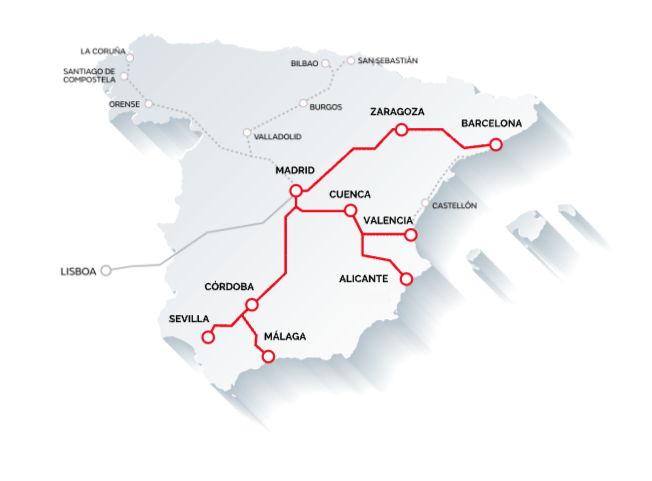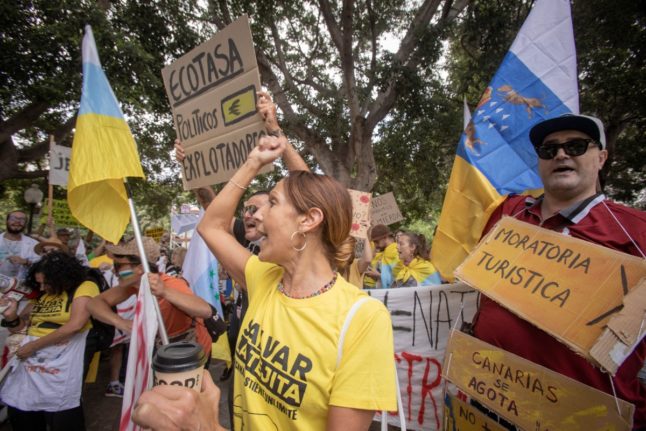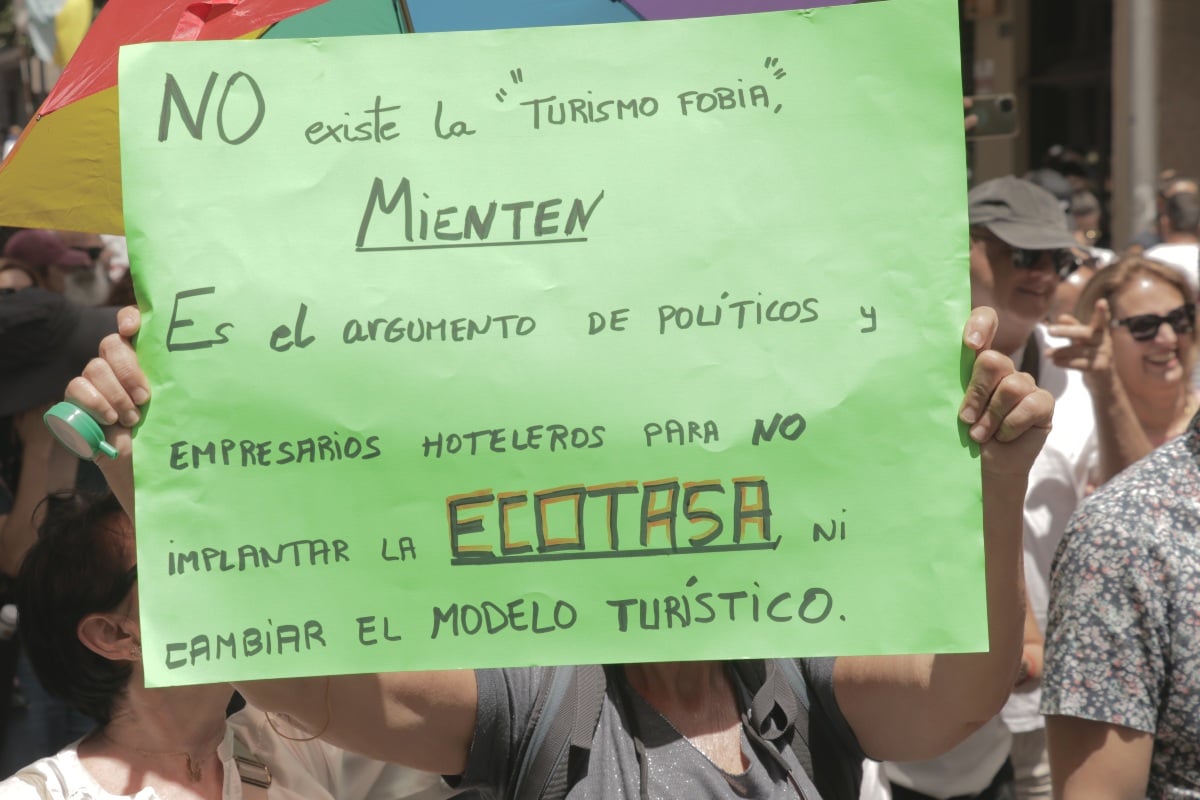The liberalisation of Spain’s rail service continues.
In May 2021, Ouigo became the first company to operate trains in Spain that weren’t part of state provider Renfe.
Renfe responded by launching its own low-cost branch, Avlo.
And now it’s the turn of Iryo, the newest player in Spain’s cheap train travel games.
Iryo will be operated by ILSA, which is part of a consortium made up of Spanish airline Air Nostrum and Italy’s main train operator Trenitalia.
It will kick off its operations in Spain with 20 Frecciarossa trains, known as “red arrows”.
They are capable of reaching speeds of 360km/h and can carry 419 passengers.
Iryo is ambitiously aiming to take hold of 30 percent of Spain’s rail market share, estimating it could transport 8 million passengers a year and create 2,600 jobs in the process.
Whether or not they achieve their goals, their arrival in Spain is good news for train travel, as further competition usually results in cheaper ticket prices for passengers.
According to a report by train ticket comparison site Trainline, the liberalisation of Spain’s rail services has already resulted in a 49 percent drop in prices and increased demand, with the Madrid-Barcelona route benefitting the most.
What routes will Iryo operate in Spain and when will they start?
Iryo will launch its operations in Spain on November 25th 2022 with its Madrid-Zaragoza-Barcelona route.
On December 16th 2022, it will kick-start its second route: the Madrid-Cuenca-Valencia line.
By March 2023, Iryo intends to increase its offering connecting Madrid with the southern Andalusian cities of Córdoba, Seville and Málaga.
By June 2023, it plans to add two extra destinations to its train services: Albacete in east-central Spain and Alicante in the coastal Valencia region.

When will Iryo train tickets be available and how much will they cost?
Iryo began selling tickets on its website www.iryo.eu on September 18th, so far only for its Madrid-Zaragoza-Barcelona route.
Until October 2nd, they have discounts of up to 50 percent on this line, but it’s necessary to register on the website and use the iryo50 code to complete the purchase.
Ticket prices from Madrid’s Atocha station to Barcelona’s Sants start at €18, although for the service launch on November 25th they’re going for €31.18.
Passengers can choose from four categories with different offerings and prices:
- “Inicial” (economy class which includes USB and standard two-pin charging spots, 5G internet and a free entertainment platform)
- “Singular” (business class which includes onboard entertainment, internet and a food menu),
- “Singular Café by Only You” (designed as a coworking space, includes a food menu and gives access to the Iryo lounge at Madrid’s Atocha)
- “Infinita” (top-of-the-range seating, access to Iryo lounge at Atocha, free drinks and wine and a variety of menus to choose from)
READ ALSO: How to get free train tickets in Spain




 Please whitelist us to continue reading.
Please whitelist us to continue reading.
Member comments